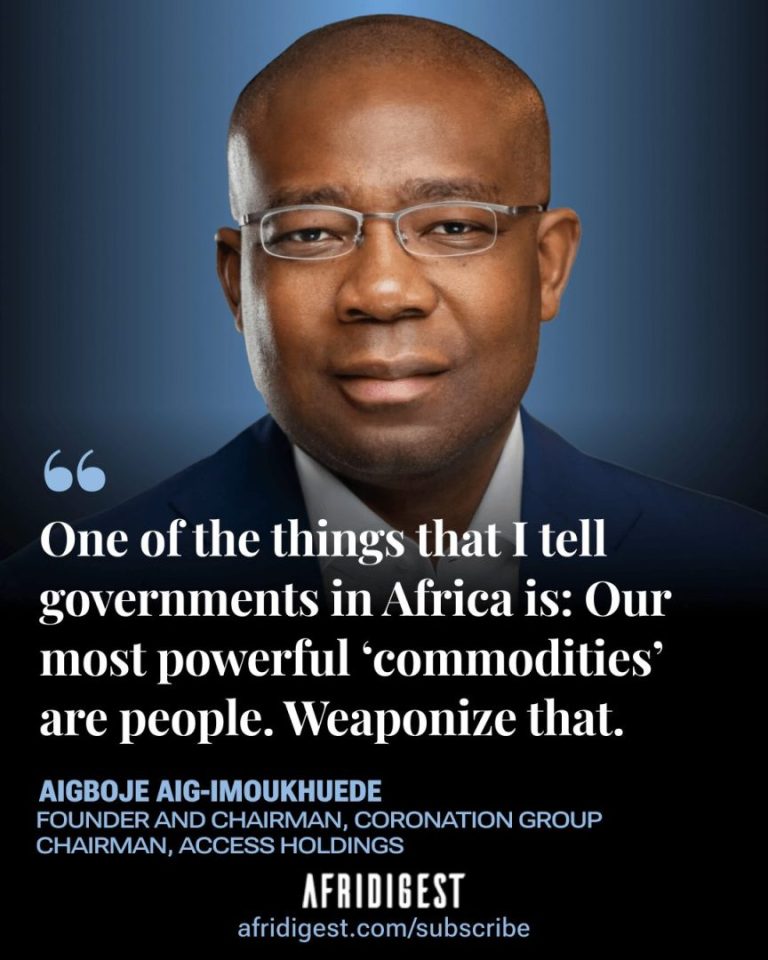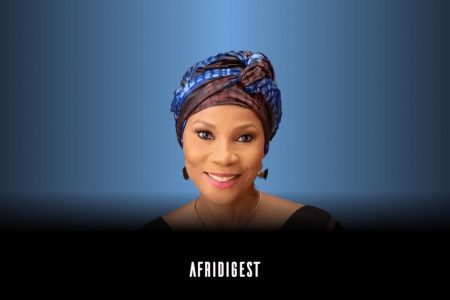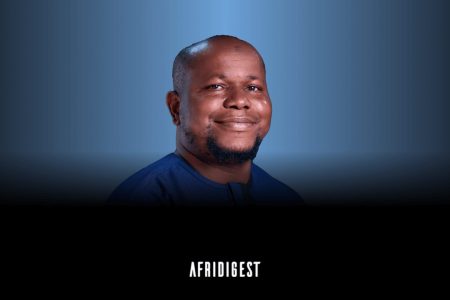“[Africa’s] most powerful ‘commodities’ are people. Weaponize that.”
That’s Aigboje Aig-Imoukhuede, Founder and Chairman of Coronation Group and Chairman of Access Holdings, with a direct message to African governments that reframes traditional views of human capital on the continent.

He argues that Africa’s demographic endowment — a young, ambitious, educated population — shouldn’t be viewed as a burden to govern, or even an asset to manage, but a competitive weapon to be deployed strategically.
“The ball is very much in Africa’s court,” he emphasizes.
With Africa’s population expected to reach 2.5 billion by 2050, and a median age in the low 20s, the continent will have the world’s youngest and largest workforce.
But population doesn’t equal talent — unless people are empowered, educated, and connected to opportunity.
The distinguished banker and investor draws a stark contrast between Africa’s human capital advantage and its infrastructure challenges. While other regions benefited from robust infrastructure, Africa’s young people have become resourceful, ambitious, and globally educated — i.e., sharpened — out of necessity.
“The prevailing feeling amongst young people is ‘I’ve got to solve my problems myself,'” Aig-Imoukhuede notes.
“It drives them to be very educated, very entrepreneurial. On average, the typical African youth is very ambitious.”
But this advantage remains largely untapped at the policy level.
His call for governments to “weaponize” human capital means:
- Creating ecosystems that channel talent toward high-value opportunities
- Building digital infrastructure that connects African talent to global markets
- Developing education systems aligned with 21st-century economic needs
- Removing barriers that prevent talented Africans from participating in the global economy
Aig-Imoukhuede’s perspective is informed by decades transforming Access Bank from a small institution into one of Africa’s largest banks, and by his current work investing in technology ventures solving Africa’s challenges.
“For 30 years as a banker I tried to solve [Africa’s SME credit gap]. I couldn’t. But as a backer of technology ventures, we’re solving it,” he reflects, pointing to how the right combination of talent and technology can ‘leapfrog’ traditional infrastructure gaps.
The question for Aig-Imoukhuede isn’t whether the continent has the human capital to compete globally. Rather, his question is whether governments will create the conditions to fully deploy Africa’s most powerful resources: its people.
After all, Africa’s ‘demographic dividend’ won’t realize itself.
What’s your take?
- Do you agree that Africa’s greatest asset isn’t its natural resource endowment, but its people?
- What would it take to truly ‘weaponize’ the continent’s human capital endowment?
- Are African governments acting with the urgency this opportunity demands?





Share: